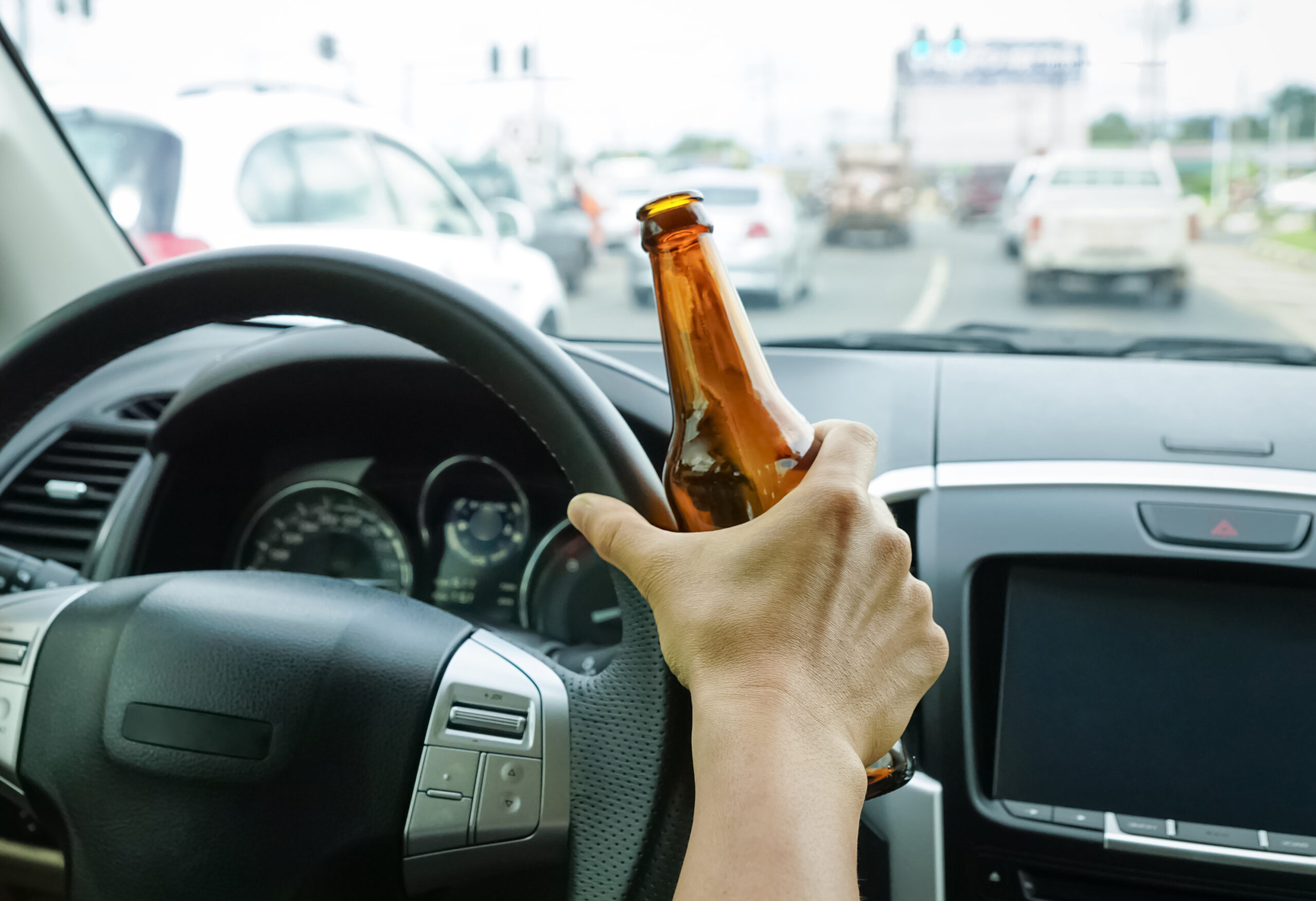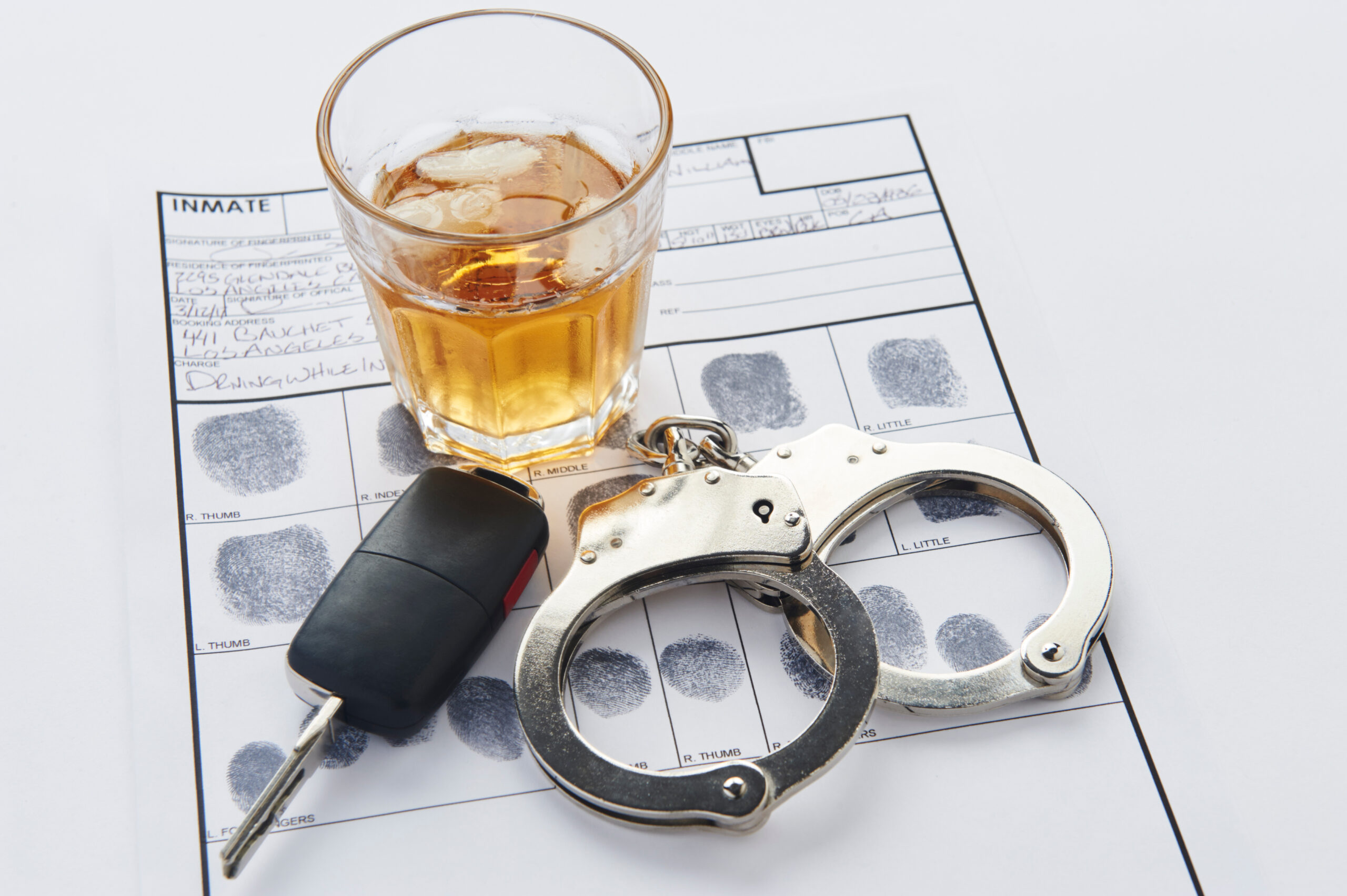Pennsylvania’s Use of License Plate Readers: Legal & Privacy Concerns
License plate readers (LPRs) have become an essential tool for law enforcement agencies across the United States, including Pennsylvania. These high-tech systems capture license plate information and provide real-time data that aids police investigations. This article explains how police use license plate readers in Pennsylvania, the legal implications of their use, and what it means for your rights. McKenzie Law Firm, P.C. is here to help you understand these advanced surveillance tools and protect your rights if you encounter legal issues involving LPRs.
Understanding License Plate Reader Technology
Description of License Plate Readers
License plate readers are electronic devices equipped with cameras and optical character recognition (OCR) technology. These devices capture and analyze vehicle license plates automatically as cars pass by. Mounted on police vehicles or fixed locations, such as traffic lights and road signs, LPRs convert license plate numbers into digital data. This information is then cross-referenced with law enforcement databases to identify stolen vehicles, verify outstanding warrants, and support criminal investigations.
Operation of LPRs in the Field
In Pennsylvania, LPRs operate around the clock. Whether mounted on patrol cars or stationed at fixed sites, these devices record data quickly and efficiently. The captured information is transmitted to a central database where it is compared with records maintained by various law enforcement agencies. This process allows officers to detect patterns, identify suspects, and locate vehicles of interest in a timely manner, thereby enhancing overall public safety.
The Benefits of License Plate Readers for Law Enforcement
Enhanced Crime Prevention
LPRs play a significant role in preventing crime. By continuously scanning license plates, law enforcement can swiftly identify vehicles associated with criminal activity. This real-time data enables officers to intervene before a crime escalates, contributing to safer communities throughout Pennsylvania.
Improved Investigative Capabilities
The data collected by license plate readers is invaluable for police investigations. It helps reconstruct the movements of a suspect’s vehicle or locate stolen cars. In cases such as hit-and-run accidents or burglaries, LPR data provides critical leads that strengthen cases and enhance public safety. Pennsylvania law enforcement agencies rely on this technology to build stronger cases and ensure effective investigations.
Efficient Use of Resources
License plate readers allow police officers to monitor large areas with minimal manpower. The automated data collection system frees up officers to focus on emergencies and conduct in-person investigations. This efficiency is particularly vital in busy urban areas, where quick responses can have a significant impact on public safety outcomes.
Legal Considerations and Privacy Concerns
Compliance with State and Federal Law
In Pennsylvania, the use of LPRs is regulated to ensure that law enforcement agencies adhere to state and federal laws. Agencies must follow strict guidelines regarding the collection, retention, and use of license plate data. These regulations are designed to balance the public safety benefits of LPRs with the protection of individual privacy rights.
Addressing Privacy Issues
A common concern about LPR technology is its potential to infringe on personal privacy. Critics worry that the widespread use of these devices could lead to constant surveillance of law-abiding citizens. However, Pennsylvania law mandates that the data collected by license plate readers be used solely for law enforcement purposes. Established policies prevent unauthorized access and misuse of this sensitive information, ensuring that the privacy rights of individuals are safeguarded.
Data Retention Practices
The retention period for license plate data varies across different jurisdictions within Pennsylvania. Some agencies store data for a limited time, while others retain it longer based on the nature of the investigation. It is important for citizens to be aware of these policies, as prolonged data retention can have implications for privacy and may be relevant in future legal challenges.
Implications for Drivers and Individual Rights
Increased Monitoring and Enforcement
The extensive use of LPRs means that drivers in Pennsylvania may have their license plate data captured without their direct knowledge. Although this technology is intended to target criminal activity, it can also result in increased surveillance of everyday drivers. Information stored in law enforcement databases may eventually be used to investigate individuals, even if they have not committed any wrongdoing.
Recognizing and Protecting Your Rights
The collection of license plate data by law enforcement is legal under current Pennsylvania law. However, if you believe that your rights have been violated or that the data has been misused in legal proceedings, you have the right to challenge its use. McKenzie Law Firm, P.C. is prepared to help you understand your legal options and protect your privacy rights should you face any issues related to LPR data.
Risks of Errors and Misuse
As with any technology, there is a potential for errors or misuse of license plate data. Incorrect data or misinterpretation of LPR information can result in wrongful suspicion or even legal action against innocent drivers. If you are contacted by law enforcement regarding your vehicle’s license plate data, it is crucial to consult with an experienced attorney who can help clarify the situation and advocate on your behalf.
The Role of McKenzie Law Firm, P.C. in LPR-Related Cases
Expertise in Technology-Related Legal Issues
At McKenzie Law Firm, P.C., our legal team has extensive experience handling cases that involve advanced surveillance technology, including license plate readers. We understand the nuances of LPR operations and the legal challenges that can arise from their use. Our primary goal is to ensure that your rights are fully protected, especially if you face legal action based on LPR data.
Customized Legal Strategies
Every case involving LPR technology is unique. Our attorneys develop personalized legal strategies tailored to the specific circumstances of your case. We thoroughly review the evidence, assess the legality of the data collection methods, and explore every possible defense. Whether you are dealing with a traffic violation, a criminal investigation, or a privacy concern, McKenzie Law Firm, P.C. is here to help you achieve a favorable resolution.
Commitment to Client Rights
Protecting your rights is our top priority. We are dedicated to providing compassionate, knowledgeable legal representation that defends your interests and safeguards your privacy. If you believe that license plate reader data has been used improperly against you, our experienced team is ready to stand by your side and fight for a fair outcome.
Practical Advice for Pennsylvania Drivers
Staying Informed About Surveillance Technology
As technology continues to evolve, it is important for drivers to stay informed about new surveillance methods and understand how they are used by law enforcement. Familiarity with the basics of LPR technology can help you recognize when and how your vehicle data might be collected.
Monitoring Your Vehicle’s Status
If you receive any communication from law enforcement regarding your license plate data, do not ignore it. Taking prompt action by seeking legal advice can prevent minor issues from escalating into serious legal challenges. Early intervention is key to protecting your rights and ensuring a favorable outcome.
Securing Professional Legal Support
Navigating the complexities of surveillance technology and privacy rights can be challenging. Securing experienced legal counsel is essential if you face questions or charges related to LPR data. McKenzie Law Firm, P.C. is ready to provide the guidance and representation you need to protect your rights and resolve your case effectively.
Secure Your Rights with Expert Legal Counsel
License plate readers have become a common and effective tool for law enforcement in Pennsylvania, offering significant benefits in crime prevention and investigations. However, the use of this technology also raises important legal and privacy concerns for drivers. Understanding how LPRs work, knowing your rights regarding data collection, and recognizing the potential implications for your everyday life are critical.
If you believe that your rights have been compromised by the use of license plate reader data or if you are facing legal challenges related to LPR evidence, McKenzie Law Firm, P.C. is here to help. Our experienced team is dedicated to providing you with personalized legal strategies and compassionate support tailored to your unique situation.
Contact McKenzie Law Firm, P.C. today for a confidential consultation:
- Phone: (610) 756-1303
- Email: info@davidmckenzielawfirm.com
Visit one of our offices:
Blue Bell:
McKenzie Law Firm, P.C.
325 Sentry Pkwy, Building 5 West, Suite 200
Blue Bell, PA 19422
Phone: (610) 756-1303
Office Hours: Mon-Fri: 8 AM – 5:30 PM; Sat-Sun: 9 AM – 12 PM (Call 24/7)
Exton:
McKenzie Law Firm, P.C.
600 Eagleview Blvd, Suite 300
Exton, PA 19341
Phone: (610) 756-1303
Office Hours: Mon-Fri: 8 AM – 5:30 PM; Sat-Sun: 9 AM – 12 PM (Call 24/7)
King Of Prussia:
McKenzie Law Firm, P.C.
630 Freedom, Business Center, 3rd Floor
King Of Prussia, PA 19406
Phone: (610) 756-1303
Office Hours: Mon-Fri: 8 AM – 5:30 PM; Sat-Sun: 9 AM – 12 PM (Call 24/7)
Your privacy and legal rights matter. With McKenzie Law Firm, P.C. by your side, you can navigate the complexities of modern surveillance technology and secure a safer, brighter future. Do not wait—contact us today!






